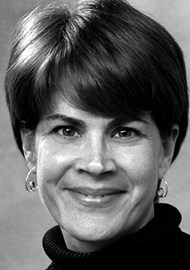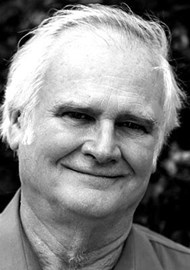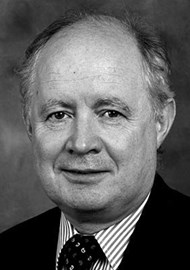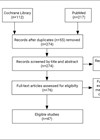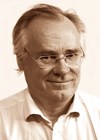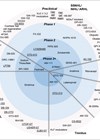The Lancet Commission on Hearing Loss was convened in 2019, and its main report will be published in 2023. We learn more about it here.
The Lancet Commission on Hearing Loss was convened in 2019, and was charged by Richard Horton, Editor-in-Chief of The Lancet, to “…imagine a realistic utopia for those with hearing loss and marshal the best-available science to recommend transformational actions to achieve that vision.” To accomplish this lofty goal, the Commission has engaged a large team comprised of commissioners, consultants, advisors, and students from six continents.
These experts represent a wide range of expertise not previously engaged in developing solutions to problems faced by individuals with hearing loss – including not only hearing scientists and clinicians, but policy makers, health economists, public and global health experts, engineers, data scientists, geriatricians, paediatricians, geneticists, and others. The combined and sustained effort over the past three years is unprecedented.
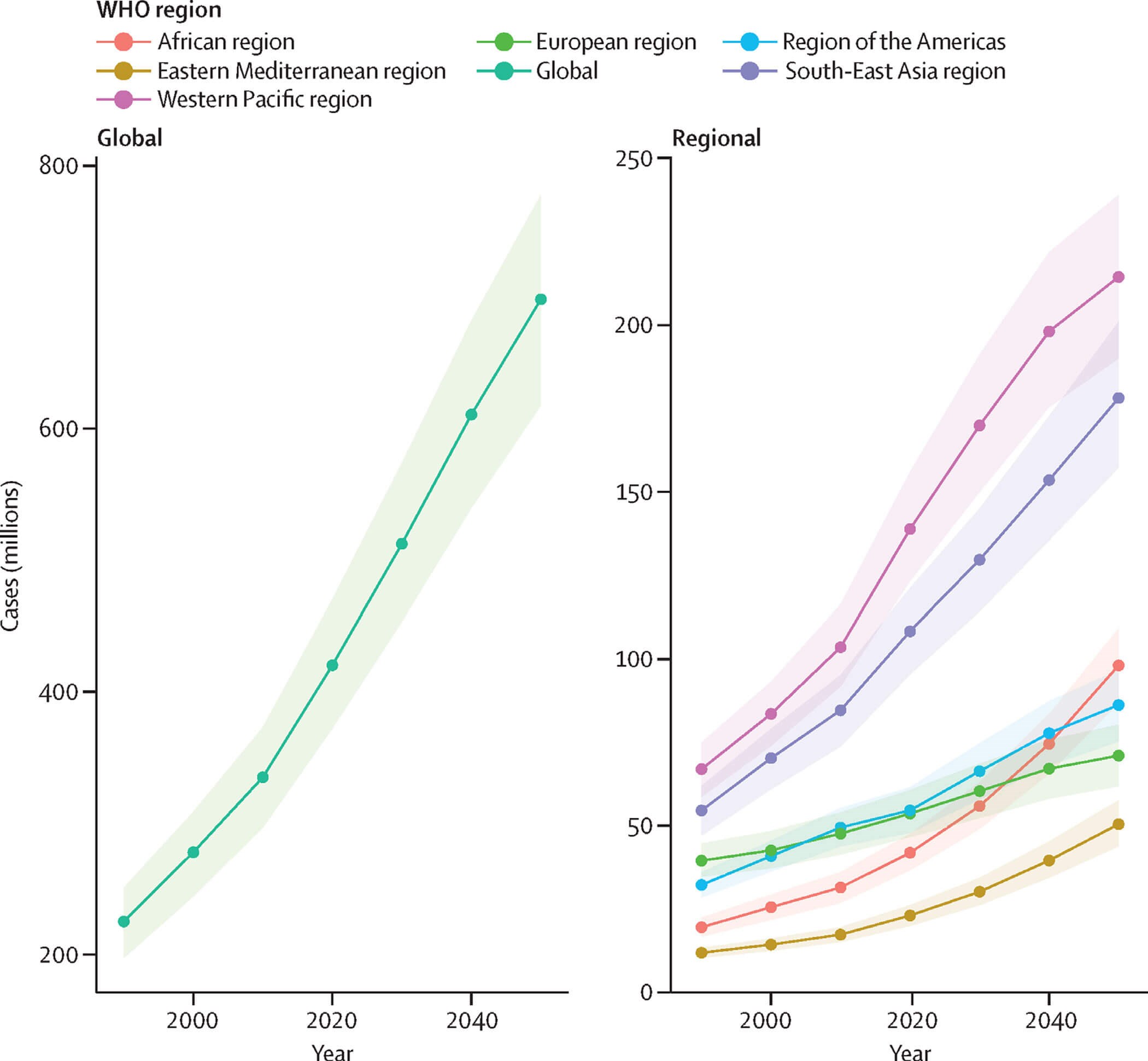
Prevalence of hearing loss 35dB or greater, 1990–2019, with forecasts to 2050, by WHO region. Shading represents 95% UI. UI=uncertainty interval.
Taken from Haile LM, Kamenov K, Briant PS, et al. Hearing loss prevalence and years lived with disability, 1990–2019: findings from the Global Burden of Disease Study 2019. The Lancet 2021;397(10278):996-1009.
The imagined realistic utopia is “a world in which hearing loss is no longer a barrier to human communication and fulfillment.” The last word in the utopia was chosen carefully to not exclude anyone with a hearing loss, including persons who do not regard the loss as a disability and do not wish to have it treated. However, these persons, along with all others with hearing loss, could benefit greatly from improvements in the built environment, e.g. automated captioning of messages in all public places, and from automated and accurate translations from spoken to signed languages and vice versa, which may be enabled by ‘smart glasses’ and artificial intelligence.
"The pandemic has provided the unexpected opportunity to address the difficulties that those with hearing loss have faced in the ‘new normal’ of face masks and muffled speech"
Respect for all persons with hearing loss, and efforts to improve their lives, is at the heart of the Commission and is beautifully expressed in a recent perspective article in the NEJM by Michele Friedner and her co-authors, on ‘Embracing Multiple Normals – A 12-year-old Boy in India with a Cochlear Implant.’ We recommend this article to all professionals involved in hearing healthcare and to anyone, for that matter.
The overarching goal of the Commission is to chart the paths to the utopia. Five working groups are included in Commission, along with an advisory board and partnership with The Lancet and the World Health Organization, to do just that. The groups are: ‘finance models and global policy’, chaired by Gillian Schmidler and Osondu Ogbuoji; ‘innovations in service delivery’, chaired by Catherine McMahon and Susan Emmett; ‘innovations in technology and other therapies’, chaired by Frank Lin and Fan-Gang Zeng; ‘the current affected populations’, chaired by George Tavartkiladze and Shelly Chadha; and ‘cross-cutting issues’, chaired by Mark McClellan and Gavin Yamey. In all, approximately 100 people are involved in the work of the Commission.
"Advances in the fields of genetics and molecular medicine have paved the way – and will pave the way – for precision medicine approaches to diagnosis and treatment of hearing loss"
Some of the subgoals for achieving the overarching goal are to develop new content, information, and tools to address the growing worldwide burden of hearing loss, and to develop recommendations for future research that is necessary to maximise educational, economic, and personal potential for all individuals with hearing loss.
Although the worldwide pandemic, which began six months after the kick-off meeting for the Commission in October 2019, has necessitated a restructuring of plans for collaboration and communication among the Commission’s participants. It has also provided the unexpected opportunity to address the difficulties that those with hearing loss have faced in the ‘new normal’ of face masks and muffled speech.
New technologies and advances in data science hold great promise for both remediation of hearing loss and for improving the built environment to increase accessibility for communication needs. Advances in the fields of genetics and molecular medicine have paved the way – and will pave the way – for precision medicine approaches to diagnosis and treatment of hearing loss. The creation of data repositories has similarly informed and enabled large-scale clinical trials to evaluate the effectiveness of existing and novel therapeutic interventions.
"New ways of delivering hearing care focus on horizontal integration within country level healthcare systems as most effective, efficient, and sustainable"
New ways of delivering hearing care focus on horizontal integration within country level healthcare systems as most effective, efficient, and sustainable. Viewing hearing health as part of whole person health increases awareness and the acknowledgement of hearing loss as a preventable and treatable condition, and helps to further the United Nation’s Sustainable Development Goals, including goals three, four, eight, and 10, for good health and wellbeing, quality education, decent work and economic growth, and reduced inequalities, respectively.
Now is a propitious time to re-examine the magnitude and ongoing growth of hearing loss worldwide and how to blunt the growth and then begin to reduce the magnitude from that point forward. First, the world’s population is growing and ageing, which will accelerate growth if nothing more is done to blunt it. But recent and tremendous advances in technology, drug development, and knowledge about hearing and hearing loss could be applied along with appropriate legislation and public health measures to move the needle in the clockwise direction and thus counteract, or even more than counteract, the effects of the population demographics.
Based on considerable evidence, we believe the Commission’s utopia is indeed achievable, and the purpose of the Commission’s main report, which we hope and expect will be published in The Lancet in 2023, will be to make that case.



